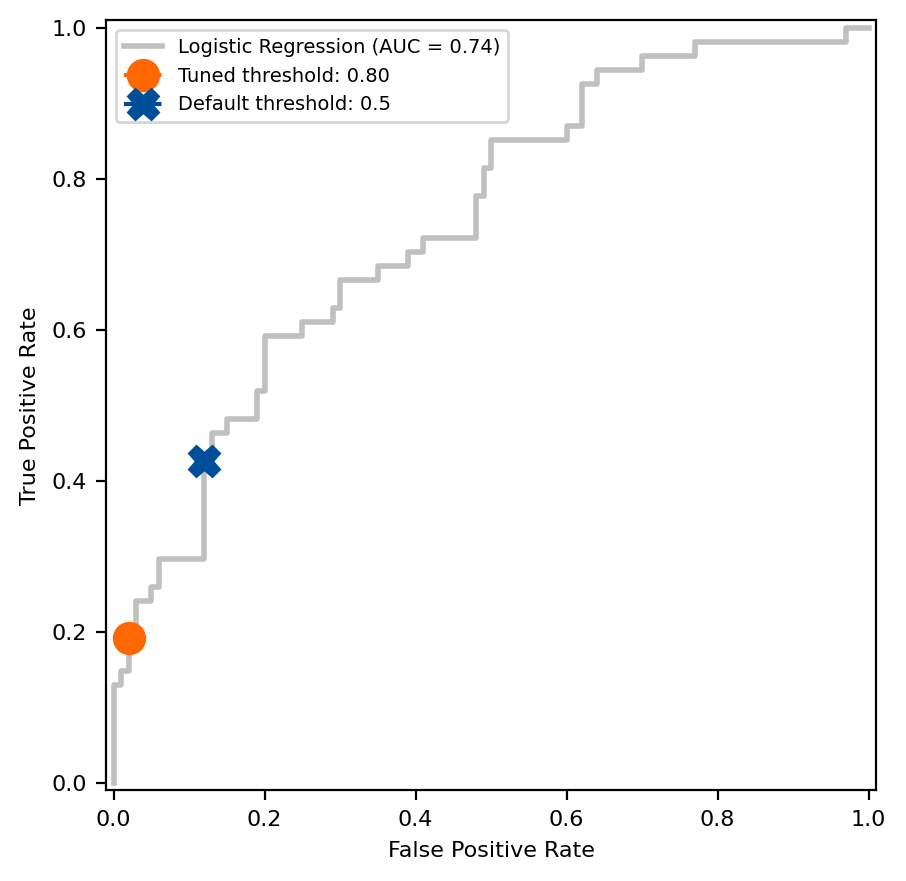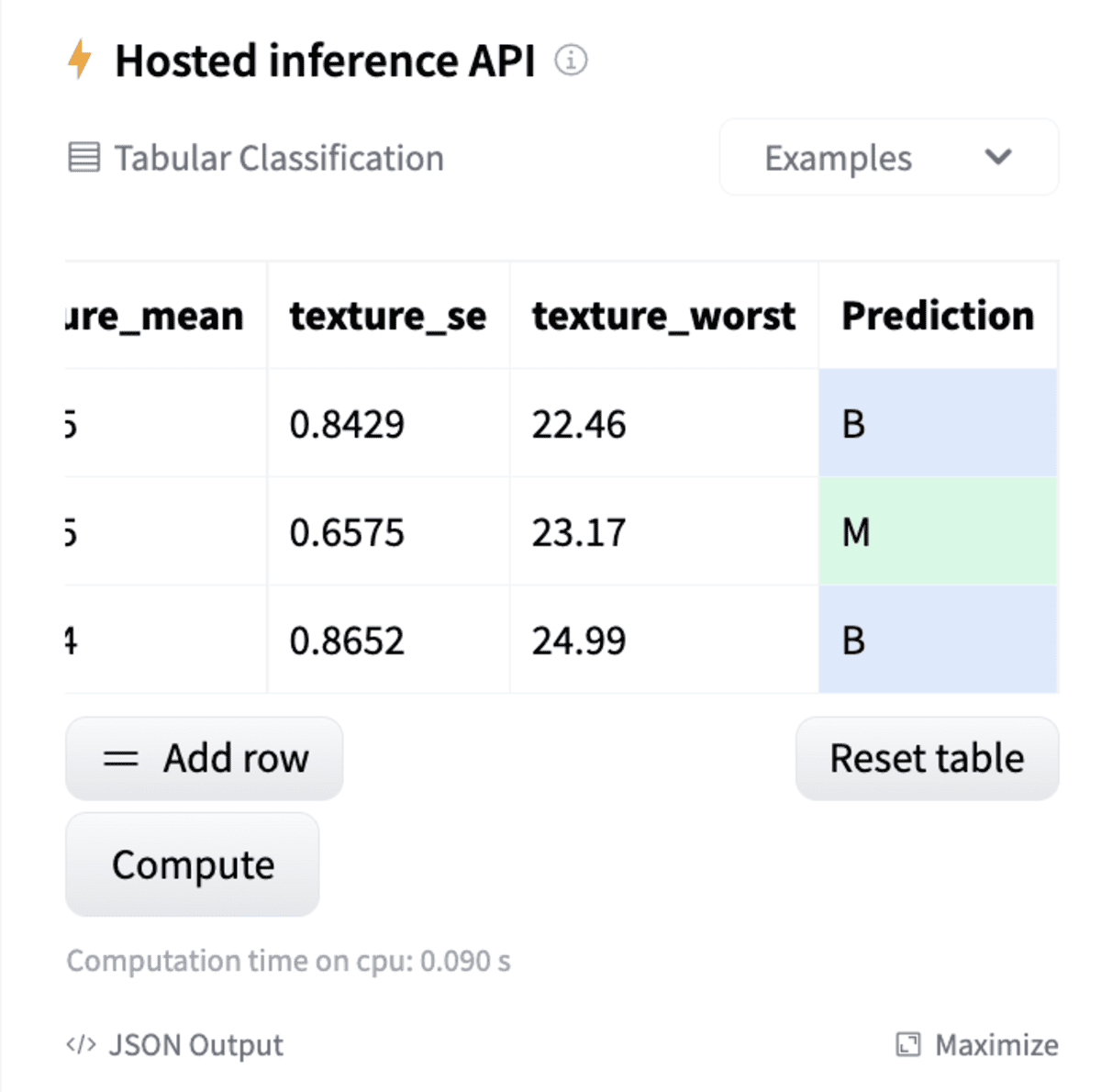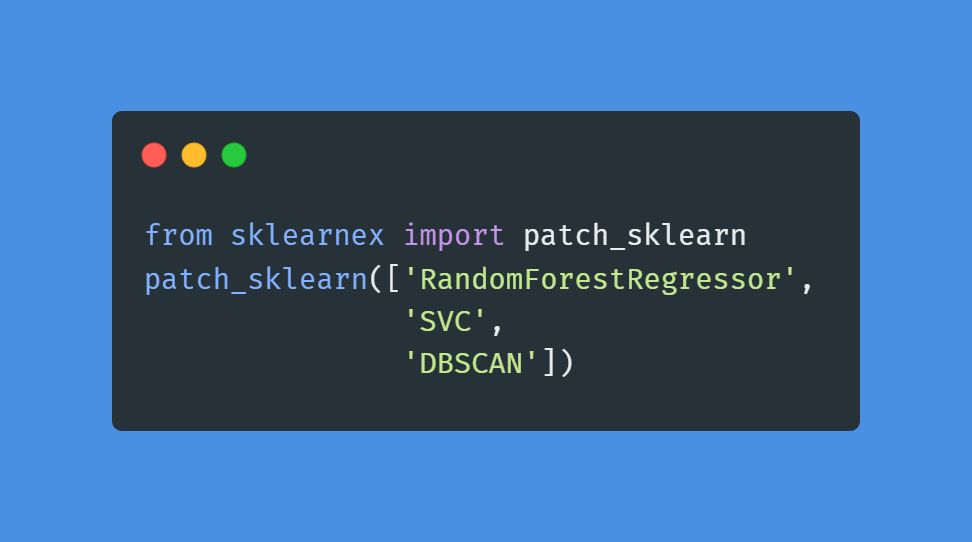scikit-learn

Combining LLM reasoning for text-based models in Scikit-Learn.

Use cases and code to explore the new class that helps tune decision thresholds in scikit-learn.
Python library for portfolio optimization built on top of scikit-learn - skfolio/skfolio
Seamlessly integrate LLMs into scikit-learn.

Master Sklearn pipelines for effortless and efficient machine learning. Discover the art of building, optimizing, and scaling models with ease. Level up your data preprocessing skills and supercharge your ML workflow today
How to considerable reduce training time changing only 1 line of code

There are various challenges in MLOps and model sharing, including, security and reproducibility. To tackle these for scikit-learn models, we've developed a new open-source library: skops. In this article, I will walk you through how it works and how to use it with an end-to-end example.
Tips for taking full advantage of this machine learning package
How you can (and why you should) create custom transformers

The post explains the significance of CountVectorizer and demonstrates its implementation with Python code.
How to forecast with scikit-learn and XGBoost models with sktime
A Python Package to Tackle the Curse of Imbalanced Datasets in Machine Learning - scikit-learn-contrib/imbalanced-learn

Reproducibility is critical for robust data science — after all, it is a science.

The introduction of the intel sklearn extension. Make your Random Forest even faster than XGBoost.
Updates in progress. Jupyter workbooks will be added as time allows. - bjpcjp/scikit-learn
Sourced from O'Reilly ebook of the same name.
based on "Hands-On Machine Learning with Scikit-Learn & TensorFlow" (O'Reilly, Aurelien Geron) - bjpcjp/scikit-and-tensorflow-workbooks
Updates in progress. Jupyter workbooks will be added as time allows. - bjpcjp/scikit-learn
Sourced from O'Reilly ebook of the same name.
Updates in progress. Jupyter workbooks will be added as time allows. - bjpcjp/scikit-learn
Updates in progress. Jupyter workbooks will be added as time allows. - bjpcjp/scikit-learn

Hands-on tutorial to effectively use different Regression Algorithms

How to use predict and predict_proba methods over a dataset in order to perform predictions

For a short description of the main highlights of the release, please refer to Release Highlights for scikit-learn 1.0. Legend for changelogs something big that you couldn’t do before., something t...

Intel(R) Extension for Scikit-learn is a seamless way to speed up your Scikit-learn application.

Reduce the size of your dataset while keeping as much of the variation as possible

There are often times when working in Data Science where we might come across a feature that is very difficult to interpret by a computer. This is often because the dimensions of the data are much…

If you are dealing with a classification task, I recommend the modAL. As for the sequence labeling task, the AlpacaTag is the only choice for you. Active learning could decrease the number of labels…
Scikit learn is *the* go to package for standard machine learning models in Python. It not only provides most of the core algorithms that…

Successive halving completely crushes GridSearch and RandomSearch
Have you ever wondered how to extract information from a scikit-learn pipeline?
With the power and popularity of the scikit-learn for machine learning in Python, this library is a foundation to any practitioner's toolset. Preview its core methods with this review of predictive modelling, clustering, dimensionality reduction, feature importance, and data transformation.
An Overview of the Most Important Features in Version 0.24

Using Facebook faiss library for REALLY fast kNN
In this post, learn how to extend Scikit-learn code to make your experiments easier to maintain and reproduce.
An intuitive library to add plotting functionality to scikit-learn objects. - reiinakano/scikit-plot


